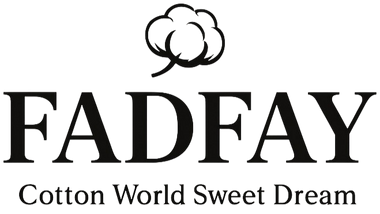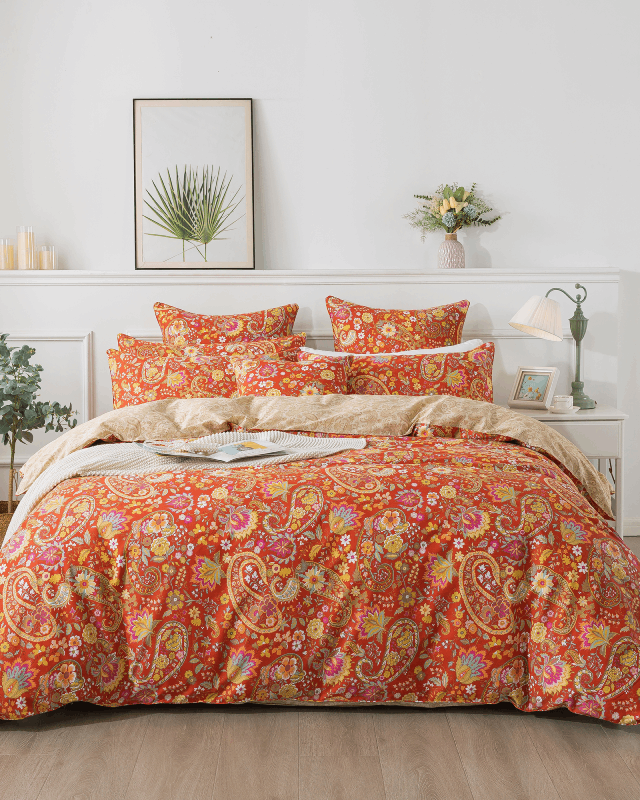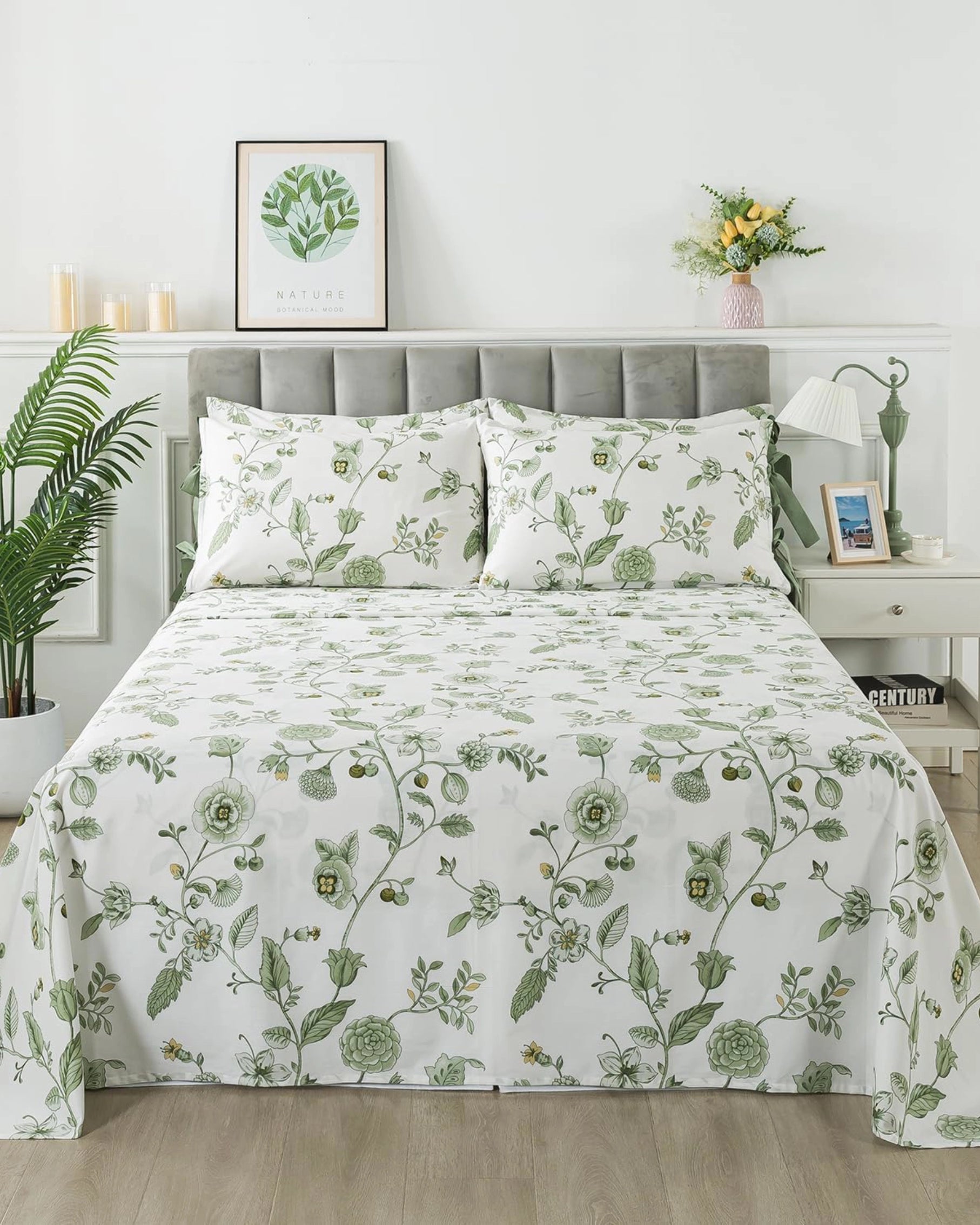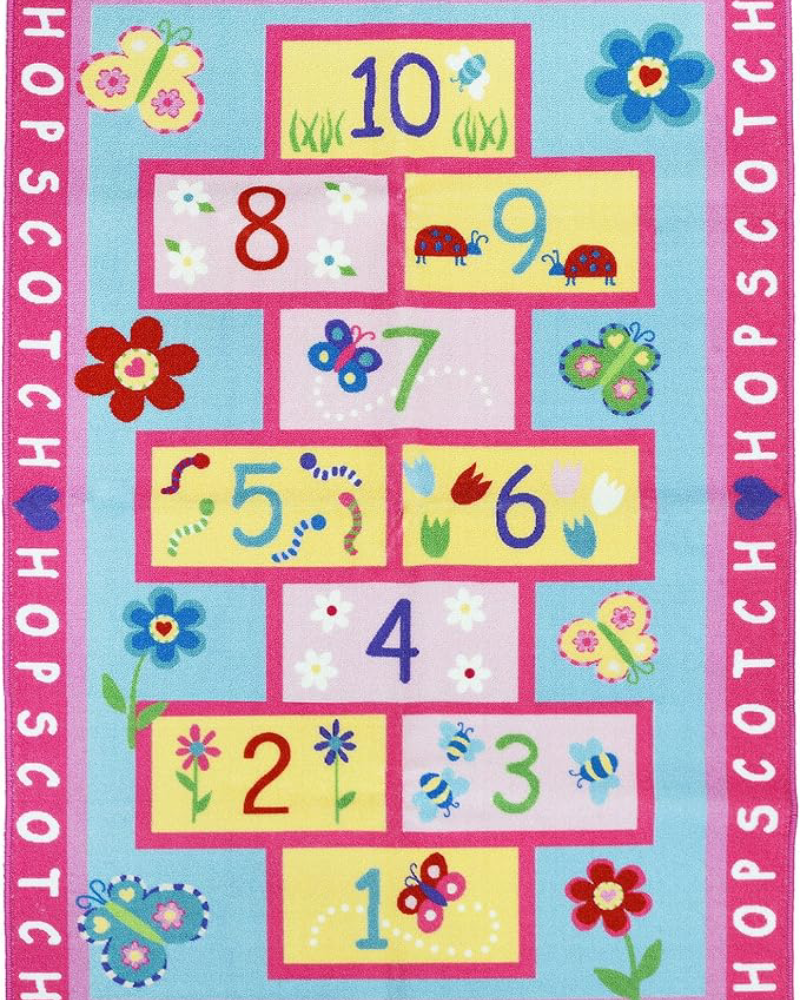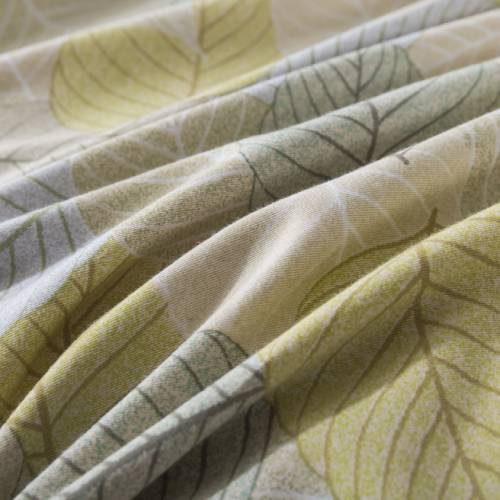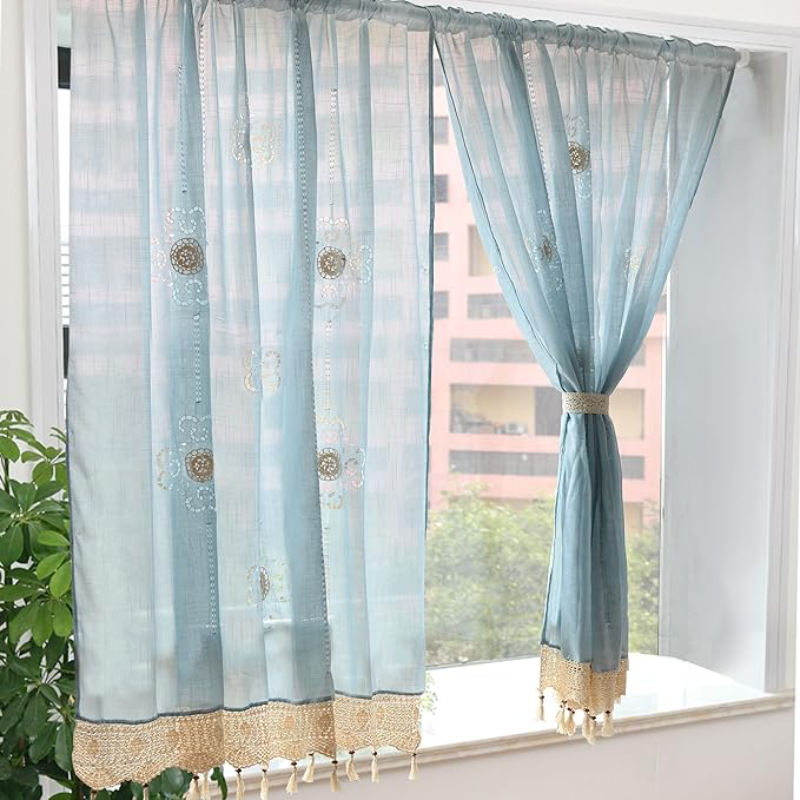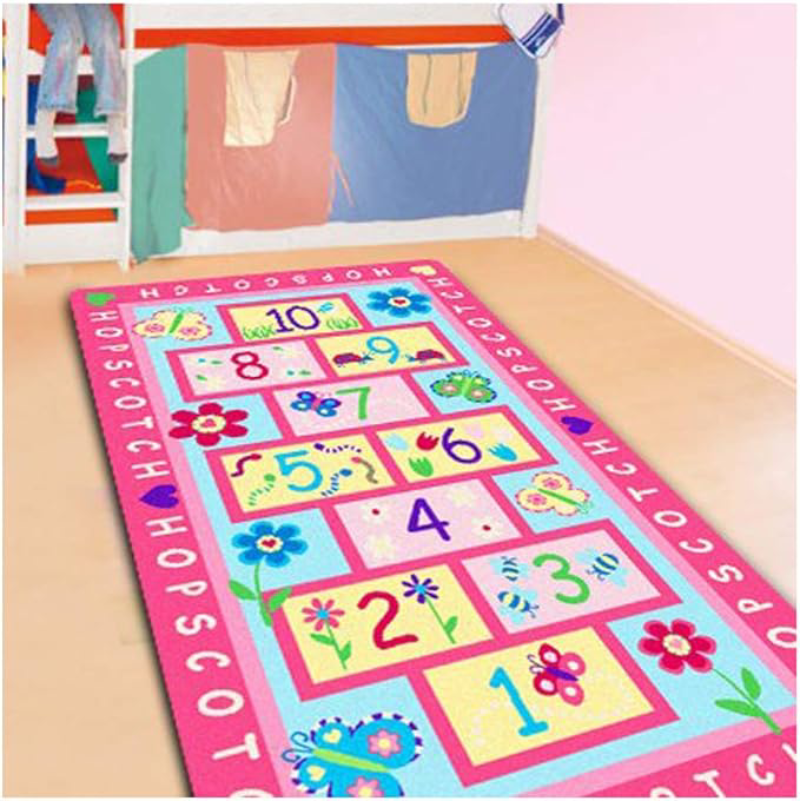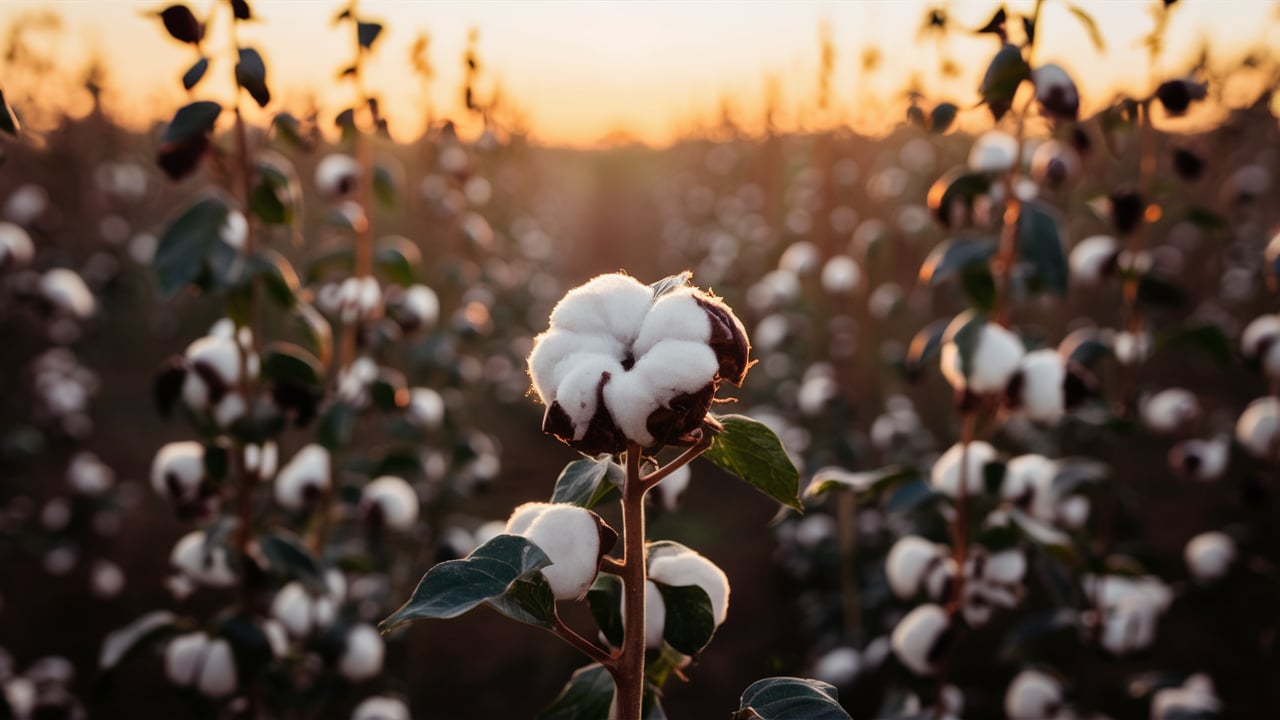What is Egyptian Cotton?
Cotton cultivation and textile production date back to 5000 BC. The soft texture, breathability, and moisture-wicking properties of cotton make it a popular choice for fabrics. Among the many types of cotton, Egyptian cotton stands out as a premium variety. Why is Egyptian cotton superior, and how does it differ from other types of cotton? Read on to find out!
What is Egyptian Cotton?
Egyptian cotton refers to long-staple cotton grown in Egypt, especially in the fertile Nile Delta. The fibers of Egyptian cotton are typically longer, exceeding 1.25 inches, which gives it unique superior qualities. The history of Egyptian cotton can be traced back to the early 19th century when the Egyptian governor Muhammad Ali introduced long-staple cotton cultivation to boost Egypt's economy. Egypt's unique climate and the fertile soil of the Nile Delta provide ideal conditions for cotton growth, making Egyptian cotton one of the finest cotton varieties in the world.
Egyptian cotton sheets do not pill because the plant produces very little lint. Another advantage of Egyptian cotton fabric is its porosity. When dyed, Egyptian cotton textiles appear more vibrant and retain their color longer than regular cotton.
Advantages of Egyptian Cotton
When discussing the advantages of Egyptian cotton, its softness is paramount, thanks to its unique fiber structure and exceptional quality. Known for its long fibers and fine texture, Egyptian cotton is softer and more comfortable than regular cotton. Each Egyptian cotton fiber is as delicate as silk, providing an extremely soft touch, almost like caressing the skin. Wearing clothes or lying on bedding made from Egyptian cotton instantly offers unparalleled comfort and warmth. This softness is not just a tactile pleasure but an investment in and pursuit of quality living. Choosing Egyptian cotton is opting for a truly luxurious experience, filling your daily life with soft and comfortable care.
How to Care for Egyptian Cotton
Proper care is crucial when you own exquisite Egyptian cotton products. Use mild detergent, choose cold or warm water for washing, and avoid bleach or strong alkaline products. Air drying or low-temperature tumble drying is recommended to maintain the softness and durability of the cotton fibers. Store in a dry, ventilated place, avoiding prolonged sun exposure or compression. These small details can help extend the lifespan of your Egyptian cotton products, keeping them elegant and comfortable.
Egyptian cotton bed linens are less likely to wrinkle compared to regular cotton bed linens. However, if you still need to iron your sheets and pillowcases, take them out of the dryer while they are slightly damp and iron them on low heat. Finishing the drying process outside the dryer can reduce wrinkles.
Where to Buy Egyptian Cotton Bed Linens
At FADFAY, you will find a wide range of high-quality Egyptian cotton bed linens. Additionally, FADFAY is certified by Oeko-Tex. Oeko-Tex certified products do not contain over 100 harmful substances and allergens, ensuring both safety and a great user experience for consumers.
